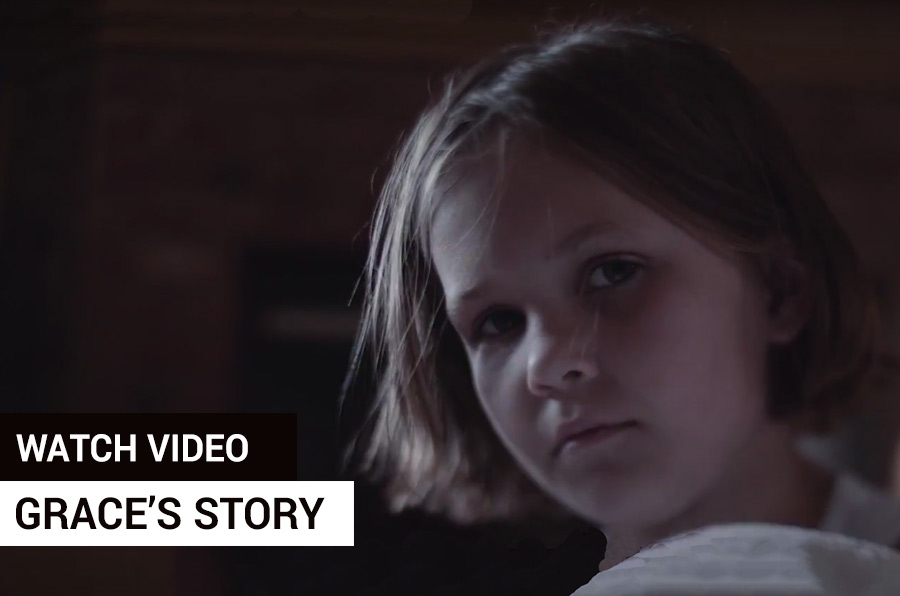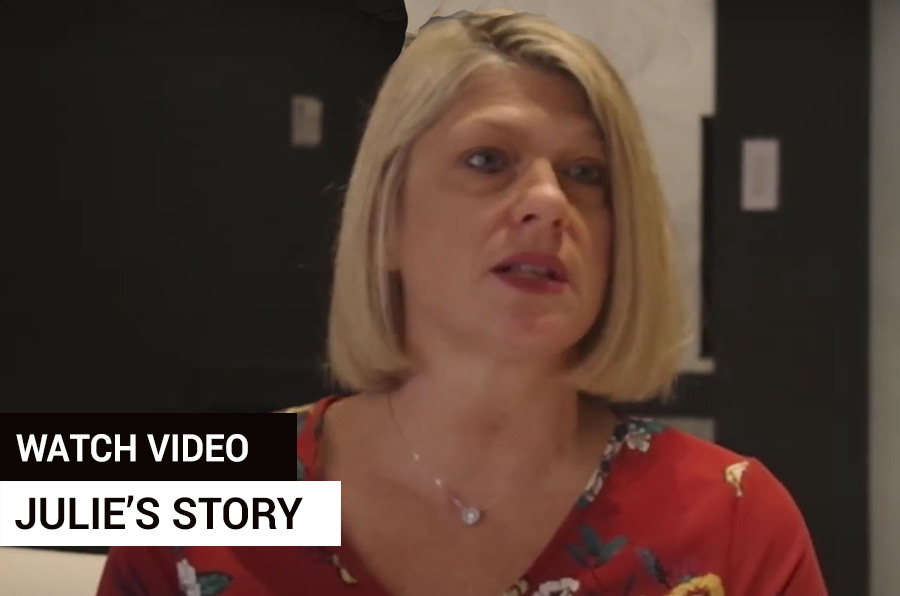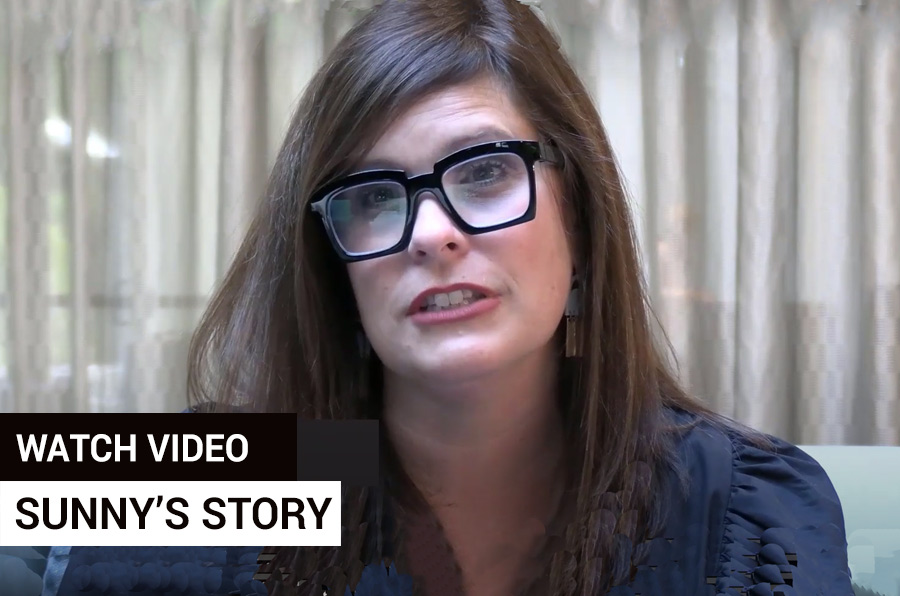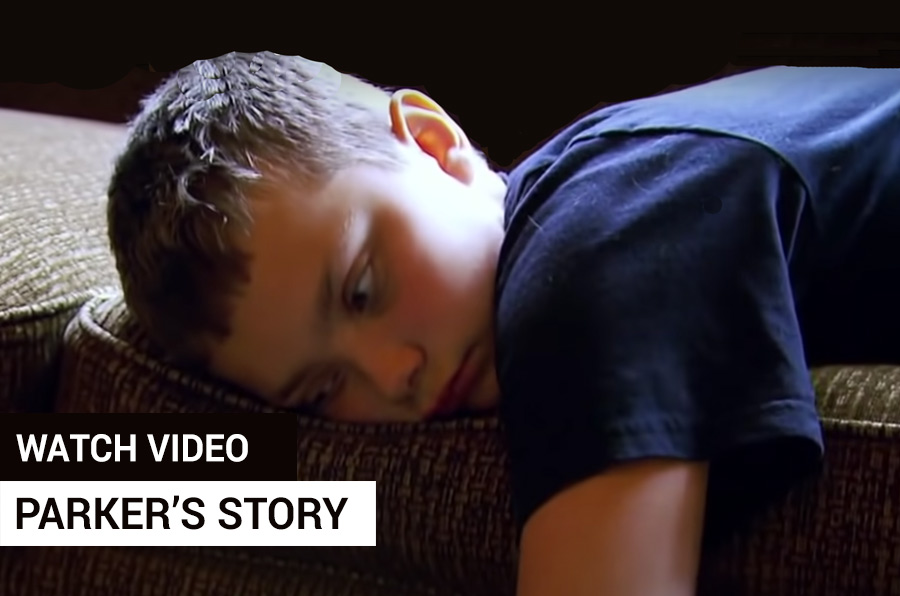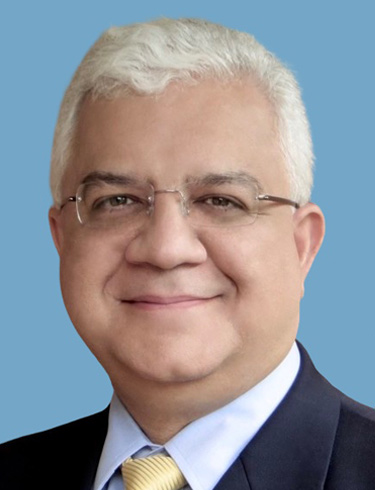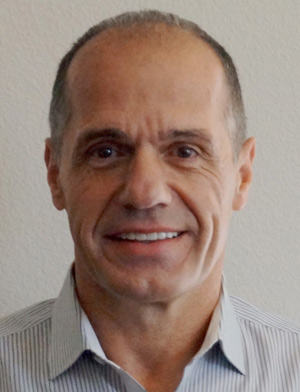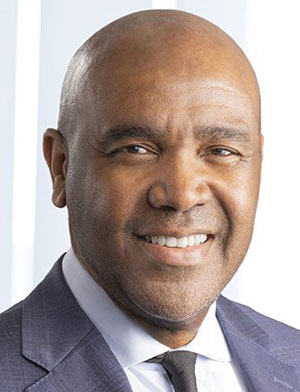PATIENT STORIES
Parents fear for young daughter’s safety as her behavior changes dramatically.

Alexia diagnosed with PANDAS
At age 4, Alexia developed a strep throat infection. Within days, she began throwing violent tantrums, was removed from pre-school, started talking about suicide and was admitted to a psychiatric hospital.
Imagine this is your house. Imagine it's your family in full-on crisis.
Mom:
I just kept thinking like what's going on with my child?
Reporter:
Erratic, explosive behavior developing overnight, a jekyll-and-hyde transformation.
as a four-year-old.
Dad:
It was just swings that were very dramatic and uncalled for the situation.
Reporter:
She would be [having tantrums] for an hour?
Mom:
There have been times when it was an hour and a half, two hours.
Reporter:
Alexia Baier has not always been so volatile. Her mom, Vanessa, a special needs Teacher. Dad Brian an accountant and older sister Kyla all welcomed a very typical baby girl to their loving home outside Chicago.
Mom:
This is her shortly after she was born and you can see, she's a happy baby. She was always laughing, smiling.
Reporter:
What kind of pre-k student was she?
Mom:
She came home telling us like it was so great. I love my teachers. I love the school, listing off every single friend in the classroom.
Dad:
She was on track. She was even advanced in different areas. She was just a simple 4 year old.
Reporter:
On track until the winter of 2014, when as it always does, the petri dish of germs, otherwise known as preschool, claimed its first victim. And that's when her mother says Alexia's simple sore throat turned sinister.
Mom:
She wasn't really wanting to wake up from a nap and she had a minor fever.
Reporter:
And what did the doctor say?
Mom:
No big deal, just run-of-the-mill strep throat.
Reporter:
A typical course of antibiotics made short work of the strep but curiously at the same time the infection disappeared, so did little Alexia's bubbly disposition. And how long until you saw a change?
Mom:
It was less than two days later. It was defiance and OCD she just all of a sudden seemed angry.
Reporter:
It hits overnight.
Dad:
Yes, a lot of screaming, a lot of hitting and kicking adults.
Reporter:
Alarmed, teachers isolated Alexia from the other preschoolers, even resorting to using bookshelves as barricades. They snapped these chilling pictures of a classroom in chaos.
Dad:
Furniture would get tipped over. Bins of toys were dumped or thrown at people. When we would try and keep her safe in an isolated area, she would just continue to elevate and elevate. They had to call in the social worker.
Reporter:
What is going on in your mind?
Mom:
A lot of guilt and blame. You know, personal blame about “what am I doing wrong and how can we help?”
Reporter:
Principal AJ McCree says the prevailing wisdom about a child suddenly acting out, usually means there's trouble at home. But he says Alexia was an anomaly.
Principal:
When somebody switches temperaments, we look to see if something is changing at the home, whether it's the parents that are separating, any violence that they might be exposed to. That just didn't seem to be the case with this family.
Mom:
This just isn't making sense.
Reporter:
You're a special needs teacher. You specialize in de-escalation. And yet your child is out of control.
Mom:
Yes and I don't know how to deescalate my own child.
Reporter:
But things would become their most dire when prolonged tantrums turned into threats towards her family and herself, at one point the four-year-old even talked about suicide.
Mom:
Telling my six-year-old you have to stay in your bedroom because I don't know what your sister is capable of, it was heartbreaking and she knew the whole time. She had told me “something's wrong with Alexia's brain.” She knew. She was telling me something happened because this is not my sister.
Reporter:
Alexia herself knew something was wrong too.
Mom:
She would cry and say “mommy, why can't I be good. I just want to be good.” And that broke my heart.
Reporter:
You had started taping episodes.
Mom:
[My husband] wasn't home a lot, so he wasn't seeing it and you know a lot of times it was like he was discounting it.
Dad:
I'm working 50, 60 hours a week. I can't be on the phone with you for an hour talking to you every day, trying to help you deal with these situations. Then I recognized what it was, that it wasn't something that she could deal with alone.
Reporter:
Three months of relentless emotional, anguish. Then a simple run for milkshakes becomes the final straw. Vanessa takes her girls on a seemingly routine stop for a midweek treat until Alexia insists on seconds.
Mom:
She said “mommy give me your milkshake and I said no and then she counted one, two, three and then I heard a click.”
Reporter:
The toddler unbuckles her car seat and starts rummaging through her mother's purse.
Mom:
As I picked my head up, she was stabbing me in the eye with my mascara wand and I was scared. I was scared for all of our safety. This isn't normal, four-year-olds don't unbuckle their seat belts in the car to stab their mommy in the eye with a mascara wand, all over a milkshake.
Reporter:
You weren't sure if you could get home safely?
Mom:
No I didn't feel that I was safe, that Kyla was safe or that Alexia was even safe from herself.
Reporter:
Out of options, the desperate parents finally do what for them had been unthinkable. You had to put your four-year-old in a psych ward.
Mom:
The hardest nine days of my life. We could only see her for an hour a day. She was allowed to call us once a day. Those phone calls that she got, she spent crying to me “why did you leave me? I need you. I need you to come back.”
Reporter:
After those excruciating nine days in the psych ward, she had only a plethora of prescription psychiatric drugs to show for it. Did the drugs work?
Mom:
No, they made her like a shell of her person. When she was on this medication, all that happiness was gone. We had a neuropsychological evaluation done. She asked them is there anything else that you think I should know? When I said, well she also had strep right before this all happened, she stopped typing on our computer, she turned and looked at me and said “Are you serious?”
LEARN MORE: AUTOIMMUNE NEUROPSYCHIATRIC DISORDERS

PANS/PANDAS Overview

PANDAS & PANS Patient Stories





